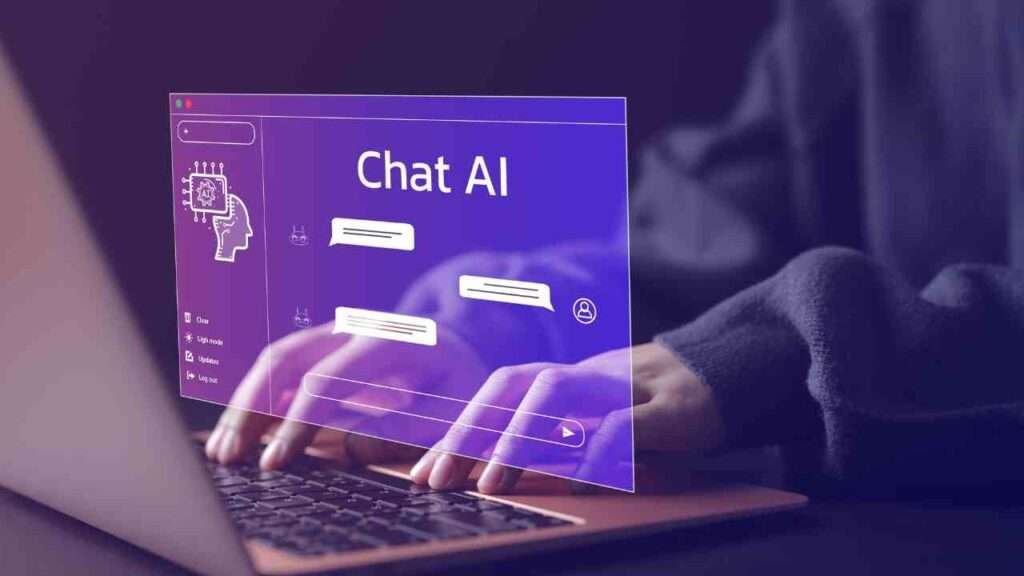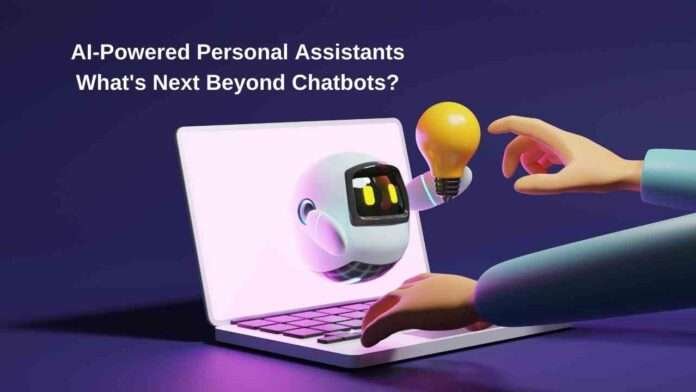Introduction
AI-powered personal assistants have rapidly evolved from simple chatbots into sophisticated tools that handle everything from scheduling meetings to automating workflows. But what lies beyond these chatbots? In this blog, we’ll explore the future of AI personal assistants, their advancements, and what’s next on the horizon.
Thank you for reading this post, don't forget to subscribe!What are AI-Powered Personal Assistants?

AI-powered personal assistants are software programs that use artificial intelligence to perform tasks for users. These assistants can help with various tasks such as answering queries, managing schedules, controlling smart devices, and more. While chatbots were among the first forms, the technology has expanded far beyond simple Q&A interactions.
Evolution of AI-Powered Assistants
- Chatbots: Initially focused on simple customer service inquiries.
- Voice Assistants: Devices like Siri, Alexa, and Google Assistant added voice interaction, improving accessibility.
- Predictive AI: Assistants are now able to predict user needs, such as setting reminders based on email contents or suggesting calendar events.
What’s Next for AI-Powered Assistants?
- Emotional Intelligence: Future AI assistants will have the capability to understand and respond to emotional cues, improving interactions and providing more personalized support.
- Context Awareness: These assistants will not just respond to questions but will understand the broader context, allowing them to initiate actions on their own. For example, they could automatically schedule meetings based on email content or past user behavior.
- Multimodal Interactions: Moving beyond voice and text, future AI assistants will integrate multiple communication forms—voice, gestures, and visual input—to enhance user interaction.
- Proactive Problem Solvers: Next-gen AI assistants will not only respond to tasks but anticipate and solve problems without being asked. For example, they could reschedule a meeting if they detect a conflict in your calendar.
- Hyper-Personalization: Advanced AI will offer hyper-personalized suggestions for tasks, entertainment, and productivity by understanding user habits, preferences, and needs.
FAQs
Q1: How do AI personal assistants differ from chatbots?
A: Chatbots are usually designed for specific, predefined tasks, while AI personal assistants are more advanced, capable of handling a broader range of tasks with a high level of personalization and contextual understanding.
Q2: Are AI personal assistants safe?
A: Yes, most AI personal assistants are designed with security features like encryption and access control. However, it’s essential to use assistants from trusted companies to ensure privacy.
Q3: Can AI personal assistants replace human assistants?
A: While AI assistants can automate repetitive tasks, human assistants bring emotional intelligence, creative problem-solving, and complex decision-making that AI cannot yet fully replicate.
Q4: Will AI personal assistants be able to handle complex tasks in the future?
A: Yes, with advancements in machine learning and natural language processing, future AI assistants are expected to handle increasingly complex tasks such as strategic decision-making and project management.
Conclusion
The evolution of AI-powered personal assistants is just beginning. With advancements in emotional intelligence, context awareness, and proactive problem-solving, these assistants will soon move beyond chatbots to become indispensable tools in both personal and professional settings.
Read More – AI and Machine Learning Salary: Insights and Trends for 2024



